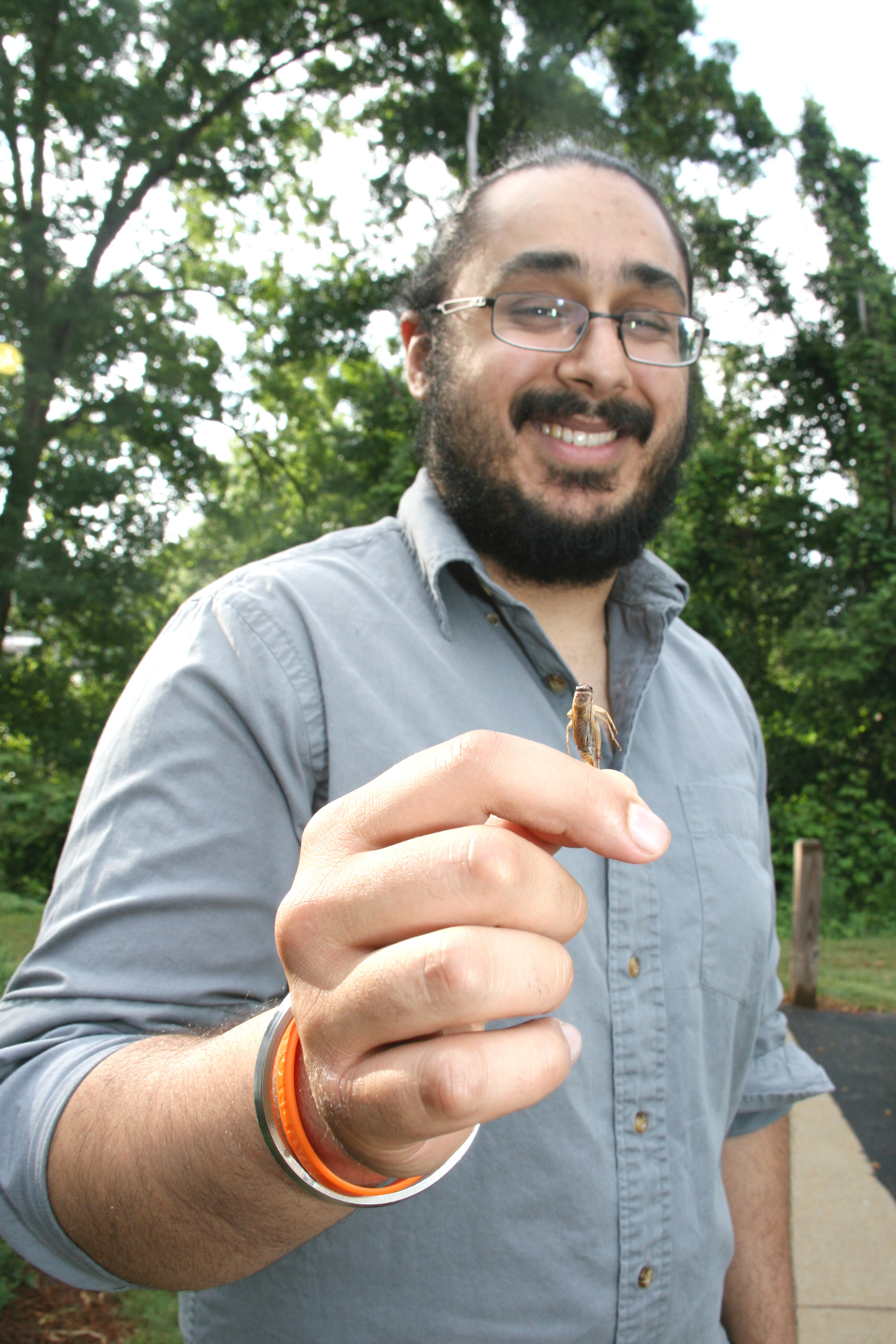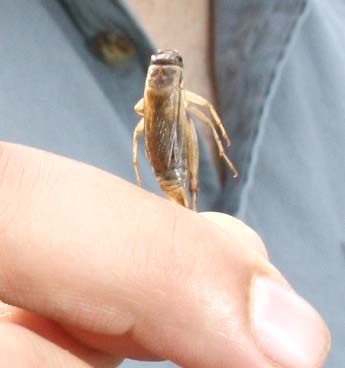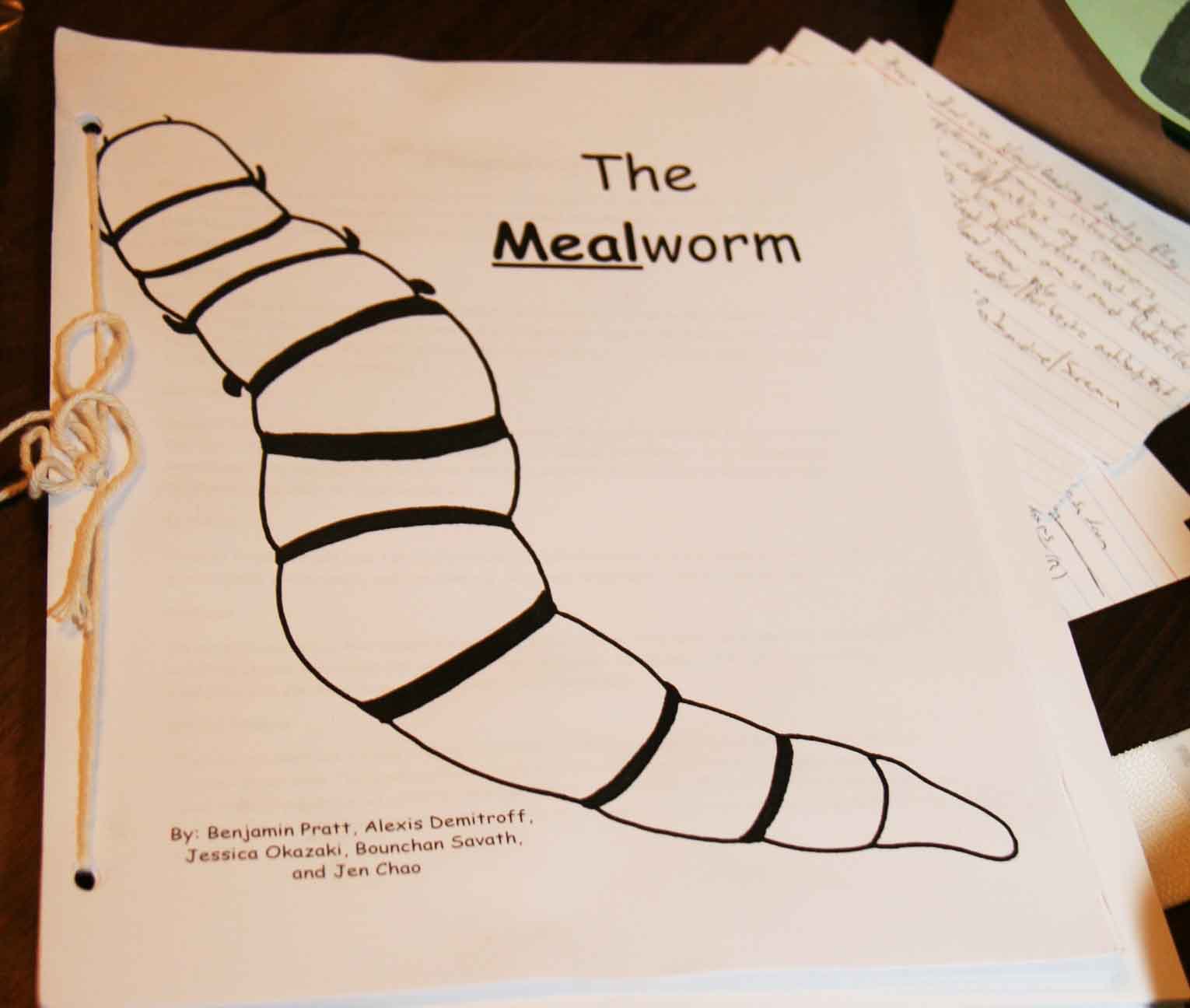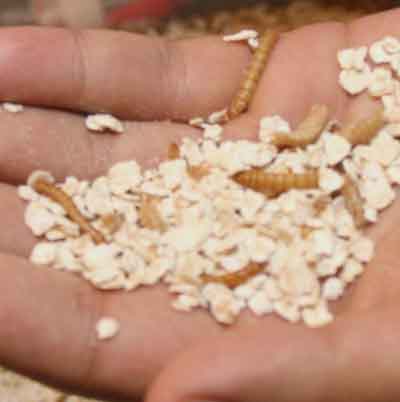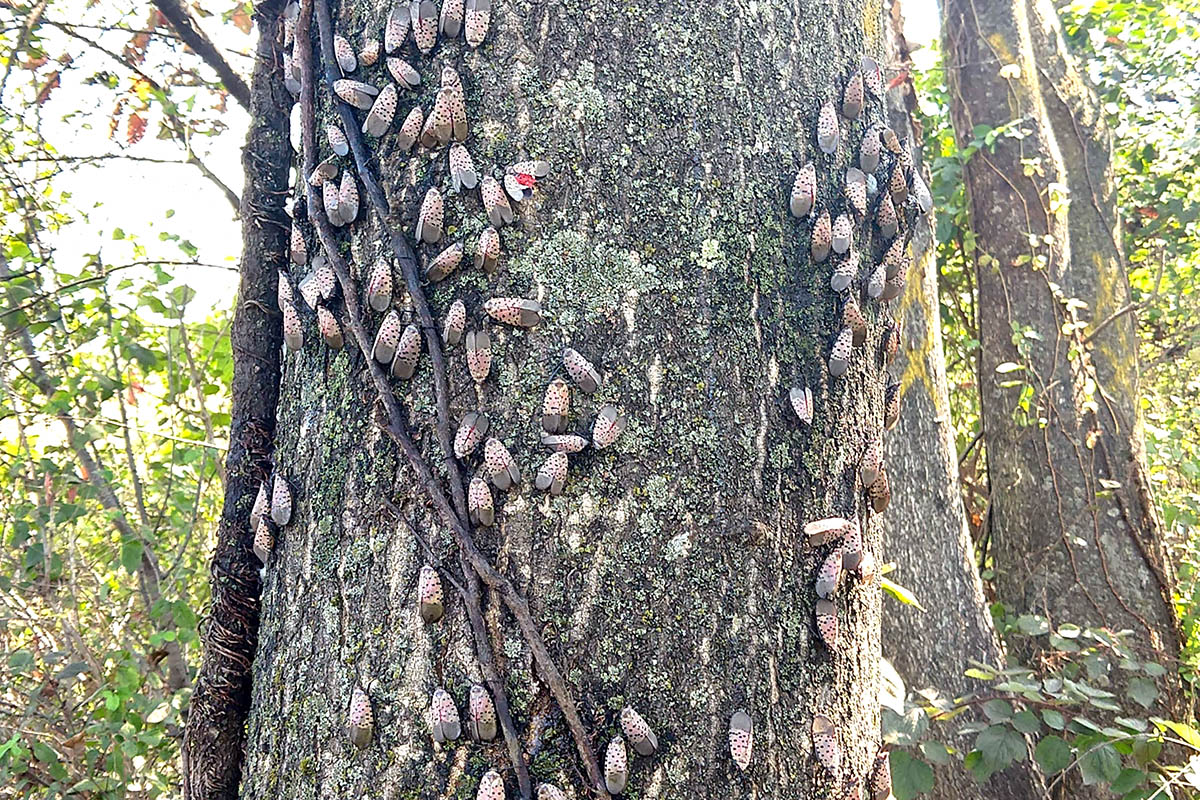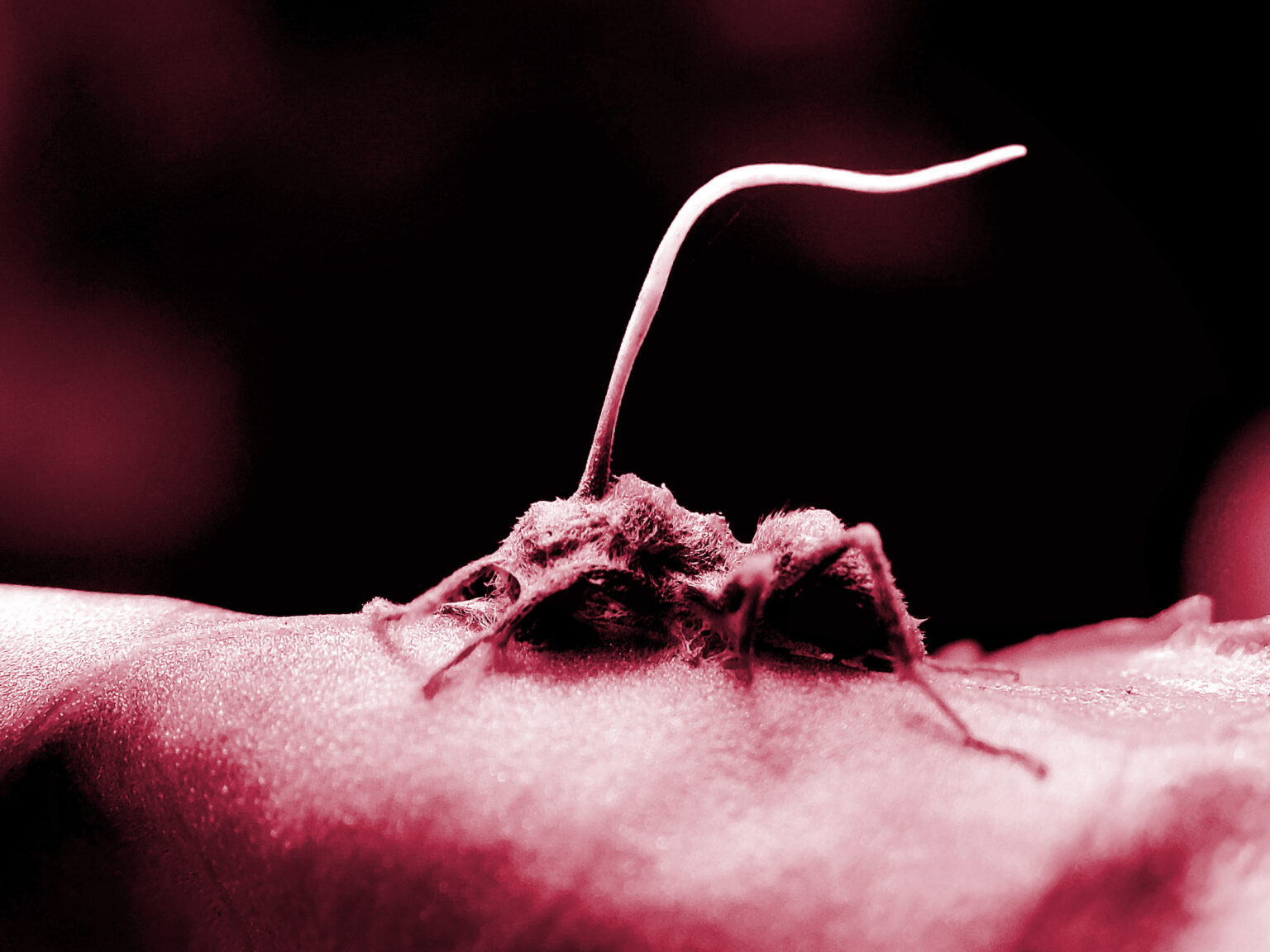If it were a matter of life over death, most people would munch on a grasshopper. But would you do so purely by choice?
University of Georgia student Harman Johar is counting on it.
A year and a half ago, Johar formed World Entomophagy, a business that produces wholesale raw edible insects. An undergraduate entomology student in the UGA College of Agricultural and Environmental Sciences, Harman’s business grew from his undergraduate research project in entomophagy, the study of humans eating insects.
The food of the future
“Insects have been considered the food of the future,” said Johar, 21, of Sandy Springs, Ga. “They’re sustainable and environmentally friendly and it just so happens that my company was one of the first to provide them to the market. A few other companies are researching the field, but we have turned into a leader and are taking control of industry brokerage.”
Johar’s support team includes 15 undergraduate students across the U.S. and nine in the Athens, Ga. area.
“We have a graphic designer, an accountant, marketer, dietician and pharmacist,” he said. “And I’m the only entomology student. They are all helping me out, and without them I wouldn’t be able to do this.”
Don't say "ewwww"
Their goal is to fundamentally change people’s bias against using insects as food.
To those who say “ewwww,” Johar asks their take on lobsters and sushi.
“Lobsters were once viewed as a food only for poor people and so was eating raw fish,” he said.
“It’s just a matter of getting past the mindset,” he said. “If you’re going to eat a crab, oyster or shrimp, why not eat a cricket?”
For now, he is focusing on the U.S. and selling bugs to a variety of public and private customers, including Yale University’s Peabody Museum.
“We also sell to a few restaurants, cafes, bakeries and private citizens,” he said. “And, our meal worms and crickets are very popular in Germany.”
Insect livestock
Johar raises his insect livestock in his Athens, Ga. apartment and feeds them local, organically-grown produce and whole grain oats. The company plans to soon offer wax worms, scorpions, stinkbugs and grasshoppers.
“We raise and process our insects so they are shelf stable for a few weeks. Just open a bag and add them to stir fry or just eat them out of the box,” he said.
Upon request, the insects can be flavored, but typically they are seasoned with “just a little salt.” The company’s best sellers are crickets, but Johar’s personal favorite is scorpions.
“They taste like delicate fish,” he said.
Tastes like soy nuts or tofu
At a recent UGA outreach event, the Insect Zoo, Stephanie Schupska of Athens, Ga., tried several insect-based foods.
“Seasoned mealworms are crunchy, and they taste like a mix between soy nuts and peanuts,” she said. “Almost anything is good fried or baked in a cookie or coated in chocolate. I'm not sure I'm adventurous enough to stick my hand in a squirming bowl of worms and pull out an instant dinner or anything like that.”
Marianne Cruz, a CAES entomologist and Johar’s faculty advisor, is partial to salted roasted crickets and likens the taste to that of tofu.
“They remind me of tofu in that they taste like how you season them--sweet, salty, spicy, blackened, grilled or fried,” Cruz said. “I probably eat insects once a week or so through various outreach programs and with my students and classes.”
In addition to becoming a successful businessman, Johar hopes to develop insect-based famine foods and ship them worldwide.
“Insects require much less water and land and excrete minimal waste,” Cruz said. “Their carbon footprint is minute, and they can be sustainably grown and harvested at home. There will come a point with our expanding world population and need to feed the world that large mammals won’t cut it. They’ll have to be alternate healthy sources of proteins, vitamins and minerals.”
To learn more, see the World Entomophagy website at worldento.com. In addition to information about the company, the website includes recipes, poems, ballads, blogs and academic publications about eating insects and a list of restaurants that serve them.

